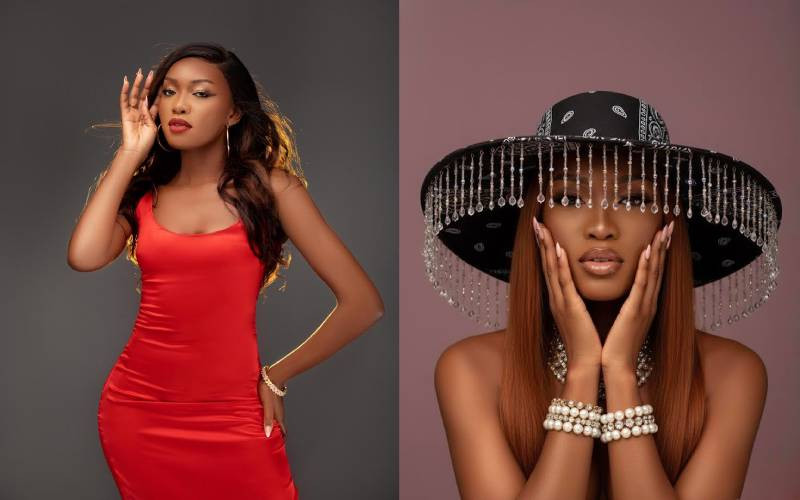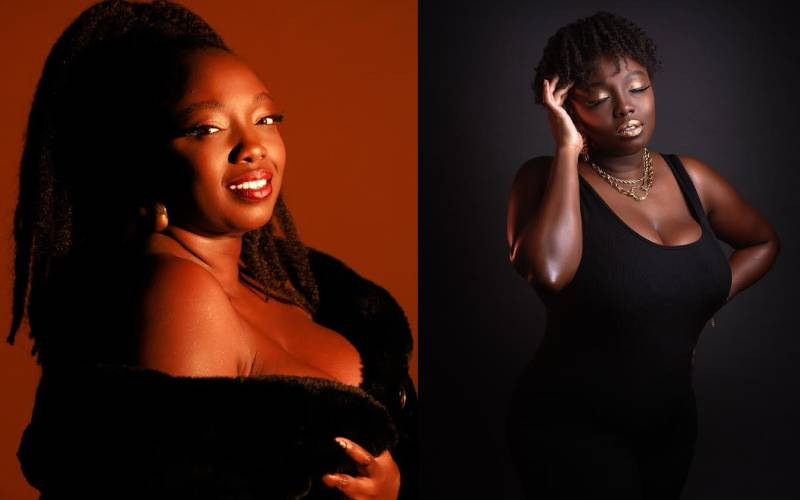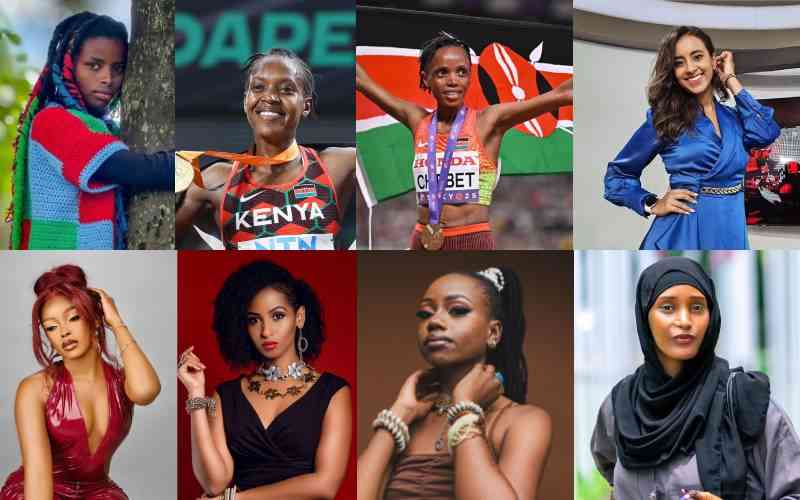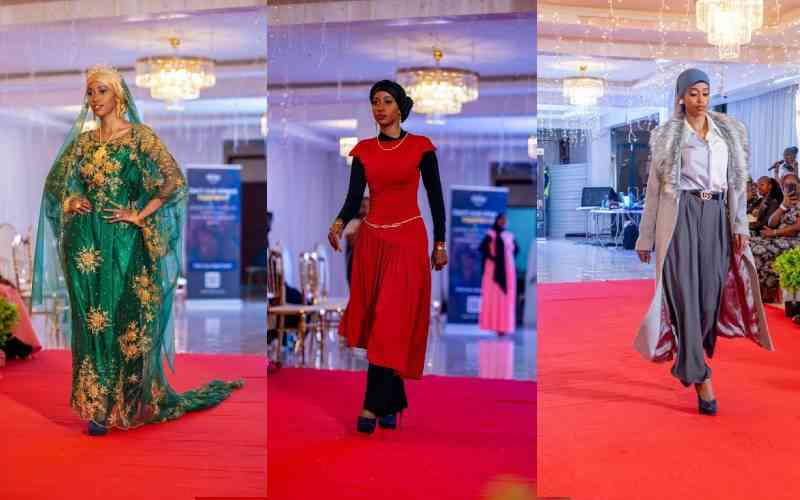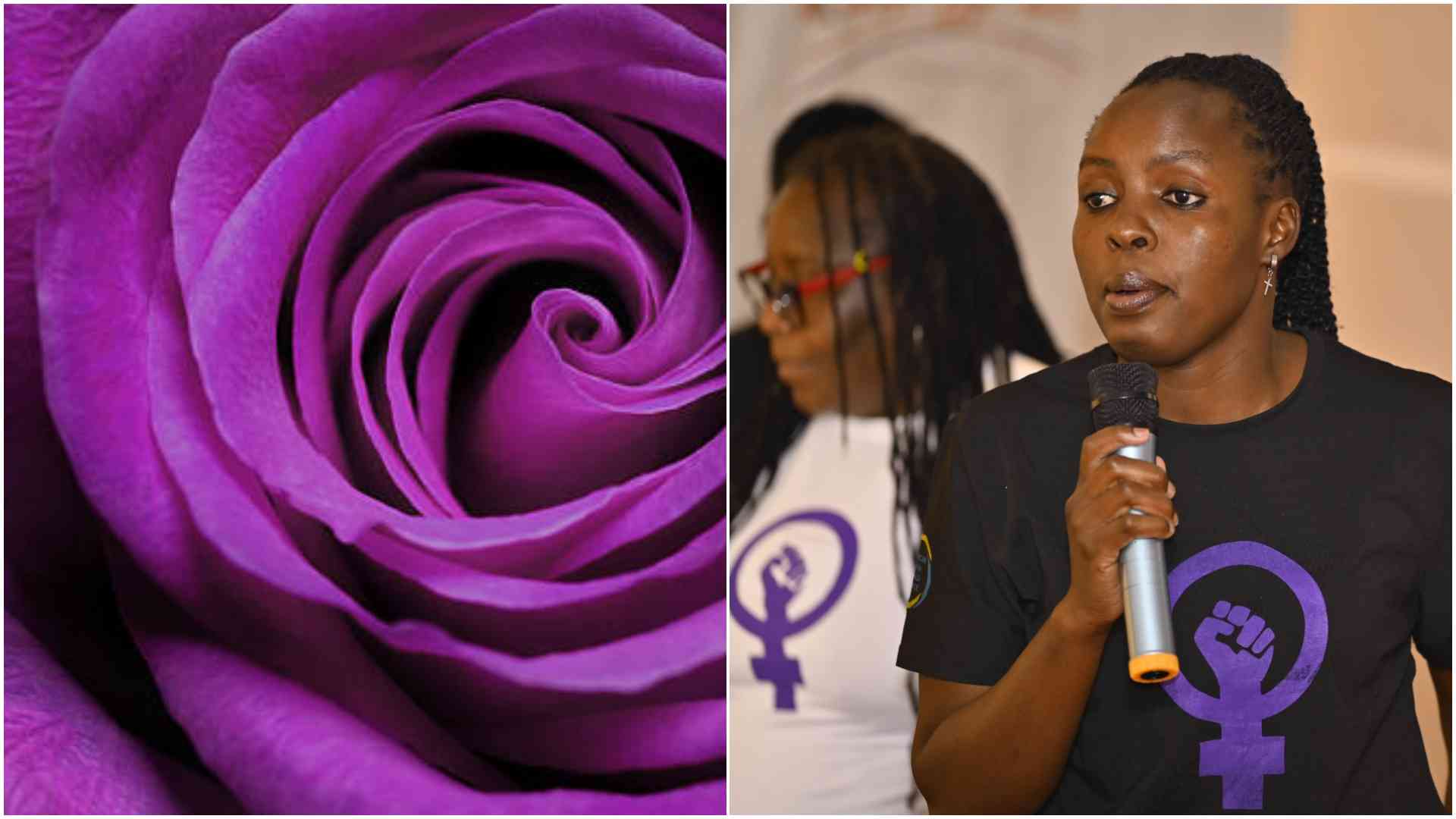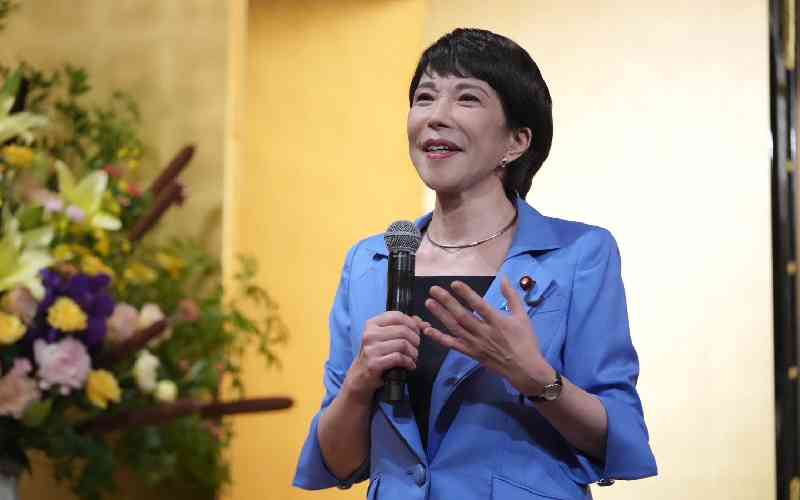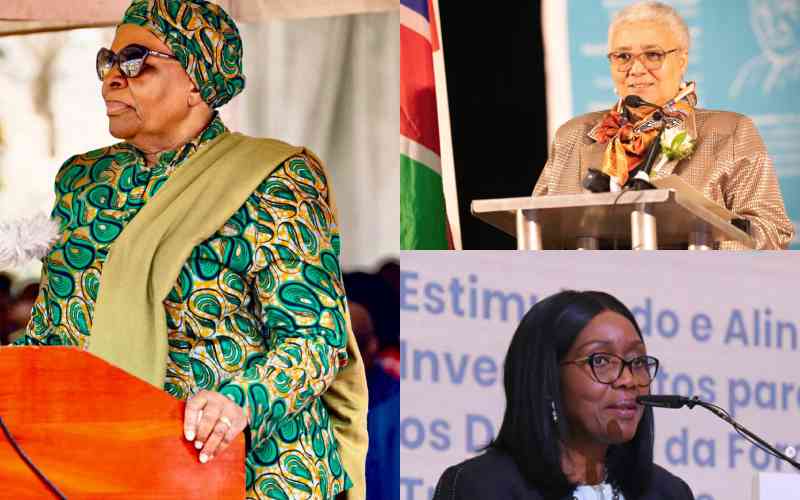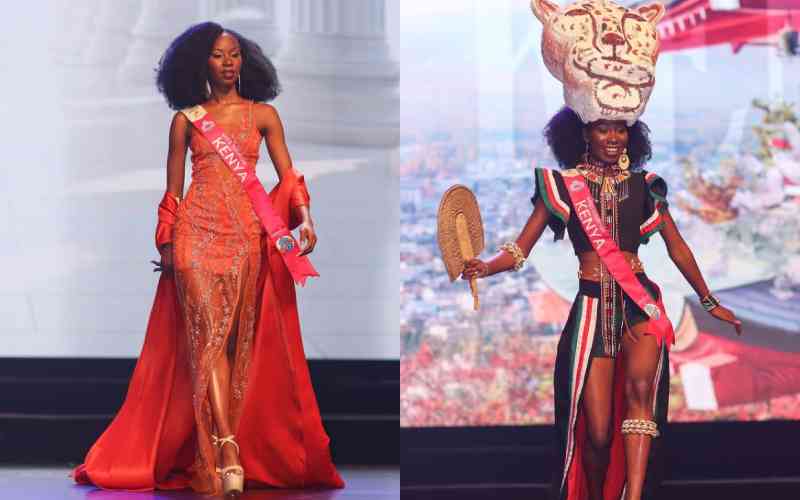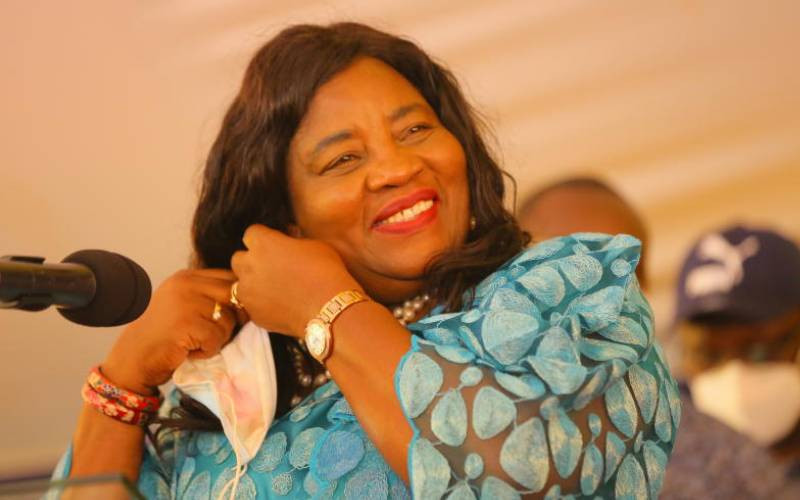
Alaa Salah, 22, is proof that one can be a revolutionary for change irrespective of age and gender. The Sudan International University student became a symbol of the revolution that led to the ousting of Sudanese President Omar al Bashir when she took to the streets and led crowds in revolutionary songs that called for a change in regime.
Bashir had been in power for 30 years before he was forced to step down on Thursday, April 11, 2019. Demonstrations against his regime started due to an economic crisis in the Sudan where even basic commodities became difficult to acquire. The tune later changed to calling for Bashir’s removal from power.
Salah caught the attention of protesters in the streets of Khartoum with a poem she recited that spoke of the need for citizens to speak out against injustice. In the call to action, Salah sang, “The bullet doesn’t kill. What kills is the silence of people”, using words that protesters had used in earlier protests. This served to add fuel to the fire that burned in the protesters hearts.
In true Nubian fashion, Salah donned a white Toub which is a traditional Sudanese dress associated with the Nubian queens of old. The petite woman’s white clad figure was easy to spot among the protestors as she led them in song. Other female protestors have since started wearing the Toub as a symbol of solidarity.
It is uncommon to find African women leading protests against governments. The revolution in the Sudan was an exception because women played a central role in the call for change. The image of Salah atop a car with her right hand held high, a finger pointed skyward, brought not only the revolution but the role women can play in their countries to light.

In an interview with the Guardian, she said, “I’m very glad that my photo let people around the world know about the revolution in Sudan… Since the beginning of the uprising I have been going out every day and participating in the demonstrations because my parents raised me to love our home.”
Salah didn’t let the fact that she is from a non-political family stop her from speaking up against Bashir and his government. She says she practiced public speaking while in university which helped her learn how to address crowds.
She became a symbol of the Sudanese revolution when her photos and videos went viral.
Her courage doesn’t go unnoticed even among her fellow women who have been instrumental in the anti-Bashir protests. She has received threats for standing up against Bashir and his cronies who have suppressed the Sudanese and left the country in near economic ruin.
Among conservative Arabs, a woman’s place is in the home raising her children and looking after her husband, much like in many African cultures. In the Bashir-era, women faced jail time and even physical torture for a variety of offences such as wearing trousers or even behaving in a way that was deemed inappropriate.
However, women, and men in good measure, stood up and supported her. "That image means so much to me," said spokeswoman for the Association of Professional Unions, Sara Abdul-Jaleel. The association has played a leading role in the protests. "I commend her for her courage. She has exposed herself to great dangers and she will be pursued by authorities."
The revolution has helped bring about necessary change in the Sudan with Bashir being ousted and a two year military rule to help with the transition put in place. Salah will forever be remembered for the role she played in bringing about this change.
Single-sex schools: are they more effective than mixed ones? The Standard Group Plc is a multi-media organization with investments in media
platforms spanning newspaper print
operations, television, radio broadcasting, digital and online services. The
Standard Group is recognized as a
leading multi-media house in Kenya with a key influence in matters of national
and international interest.
The Standard Group Plc is a multi-media organization with investments in media
platforms spanning newspaper print
operations, television, radio broadcasting, digital and online services. The
Standard Group is recognized as a
leading multi-media house in Kenya with a key influence in matters of national
and international interest.

